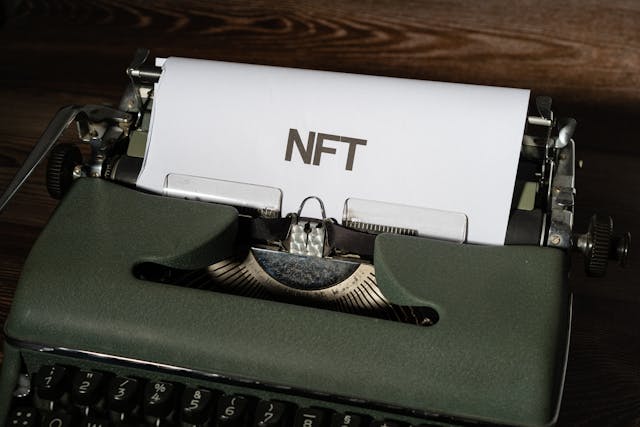Blockchain technology is reshaping industries by enhancing transparency, efficiency, and security. Originally designed for cryptocurrency transactions, blockchain now finds applications across various fields. From finance to supply chains, it’s influencing processes, lowering costs, and improving data reliability. But what exactly is blockchain?
At its core, blockchain is a decentralized digital ledger. This system records transactions across multiple computers, ensuring data integrity. The decentralized nature of blockchain makes it nearly impossible to alter or delete information. This makes blockchain trustworthy for businesses and individuals who need secure transactions and verifiable data records.
How Blockchain Works
Blockchain operates on a peer-to-peer network, which means no single entity controls it. Each transaction is verified by network participants, or nodes, and then added to a chain of blocks. Each block contains transaction details and is linked to the previous block, forming an unbreakable chain.
For example, imagine a digital ledger where every purchase is recorded and cannot be edited. This immutable quality makes blockchain valuable in sectors that rely on trust, such as finance and healthcare.
Benefits of Blockchain Across Industries
- Finance: Blockchain reduces transaction times and lowers fees, especially for international payments. By cutting out intermediaries, it simplifies the financial process.
- Supply Chain: Blockchain provides transparency in supply chains. Every step, from sourcing to delivery, is recorded, helping companies trace product origins and quality.
- Healthcare: Patient records stored on blockchain offer enhanced security and accessibility. Patients can control who accesses their information while ensuring records are accurate and complete.
- Real Estate: Blockchain enables secure digital contracts, known as smart contracts, which can simplify property transactions. This saves time and reduces the risk of fraud.
Measuring the Impact of Blockchain
The impact of blockchain varies by industry, but its influence is clear. In finance, blockchain has slashed transaction costs by up to 40% for certain processes. In supply chains, companies see reduced delivery times and improved traceability, cutting the risk of counterfeit goods.
Blockchain’s role in healthcare and real estate is still growing, but early adopters report higher security and fewer errors in records. The technology is creating a shift towards digital trust, and more sectors are exploring blockchain to boost efficiency and security.
How Blockchain Is Changing the Industry
Blockchain is redefining data handling and security. By ensuring information cannot be tampered with, it’s transforming industries that rely on accurate data. This technology also promotes transparency, which builds trust between companies and customers.
For instance, blockchain’s role in tracking products in the supply chain has reduced counterfeits and improved product quality. In finance, smart contracts allow for faster, secure transactions without middlemen, slashing costs and reducing delays.
Commonly Asked Questions About Blockchain
Q: Can blockchain data be altered?
A: No. Once data is recorded on blockchain, it is virtually impossible to alter or delete. This ensures information stays secure.
Q: How is blockchain secure?
A: Blockchain uses cryptographic techniques, where each transaction is verified and linked to the previous one. This structure makes it difficult for hackers to manipulate data.
Q: Is blockchain only useful for cryptocurrency?
A: No. Although blockchain started with cryptocurrency, its use cases now span finance, healthcare, logistics, and more.
Q: Will blockchain impact jobs in traditional sectors?
A: Blockchain will likely change job roles, especially in data handling and transactions. Automation may replace some tasks, but it could also create new roles in blockchain management and security.
Q: Are blockchain transactions fast?
A: Transaction speeds depend on the blockchain network. While some are nearly instant, others take minutes. Blockchain is often faster than traditional methods, especially for international transactions.
Conclusion
Blockchain technology is more than a digital ledger. It’s a powerful tool for industries that value security, transparency, and efficiency. From finance to healthcare, it’s clear how blockchain is changing the industry. Its impact will likely grow as more sectors adopt this secure technology.
Whether you’re a business leader or a curious individual, understanding blockchain can help you appreciate its current and future role. Blockchain holds the potential to improve data handling, cut costs, and make processes more transparent. Explore its benefits, and consider how it might enhance your industry. Blockchain isn’t just for cryptocurrencies—its applications are shaping the future.








